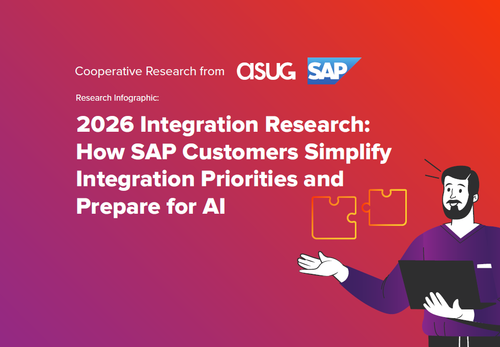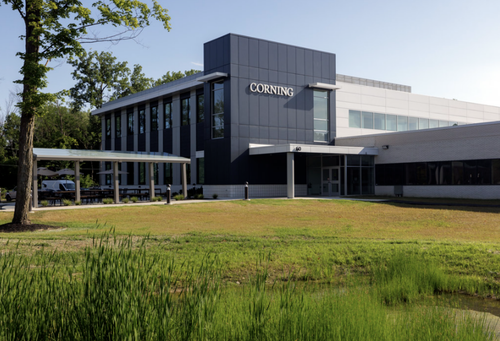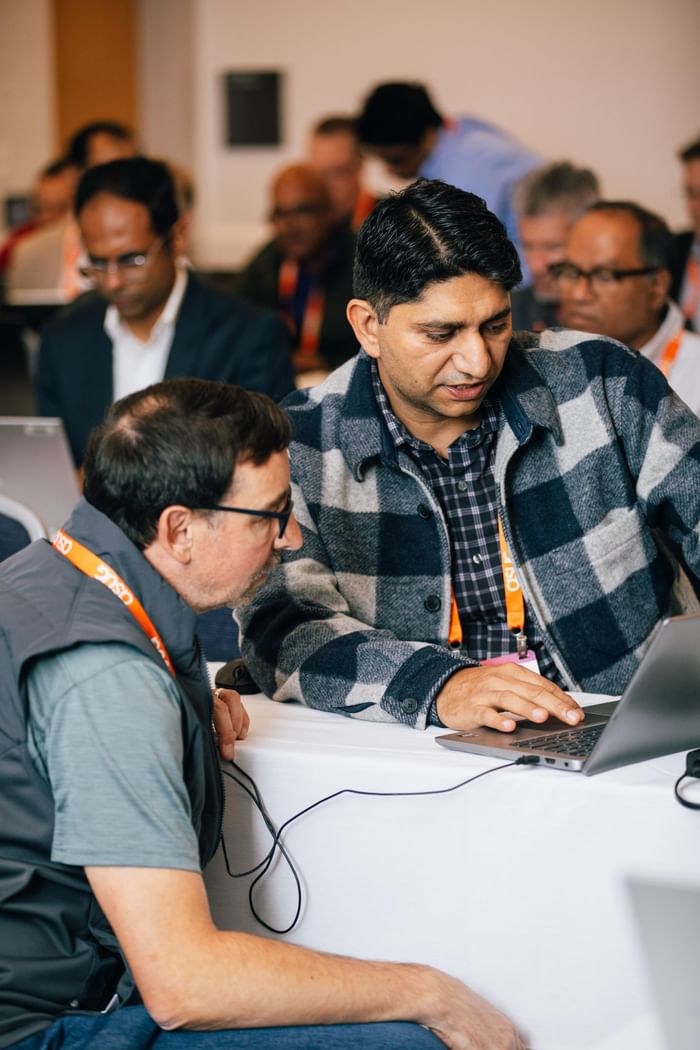Log in to save this article and keep your favorite resources in one place.

The global pandemic we are all facing has surfaced the need to reinvent and reimagine not just how organizations provide products and services, but also how the workforce plays a role in doing so. Many have taken the time to learn something new or improve on a skill set they already have.
Plum CEO and Co-founder Caitlin MacGregor recently dialed in for an hour-long dialogue with the ASUG Women Connect group to discuss how she responded to COVID-19 and then implemented a new framework of support for her employees and customers. Understanding and setting new expectations prepares everyone to build their own success.
“My goal today is to talk to you about how my company adopted a new schedule in response to COVID-19, but also how important it is—especially now with remote work—to communicate your innate talents and the things that drive as well as drain you,” she said. After her presentation, Caitlin and I had a conversation and took questions from participants on how to best navigate these times and advocate for ourselves.
Level-Setting in the New Workplace
Caitlin started by explaining that although she usually doesn’t start any presentation by talking about her family, she’s adapting to the new normal we’re in. “I was doing a webinar yesterday and introducing my board member when my 4-and-a-half-year-old had a massive temper tantrum, banging on my office door right outside,” she said. “There is no real divide between our home lives and our work lives right now.”
Working—while parenting—has become commonplace for many. There are even hashtags (#pandemicparenting and #workingfromhomewithkids) dedicated to this new experience. Acknowledging this reality and understanding how it’s going to affect productivity is important. For Plum, where 50% of its employees are parents, making the decision to work from home until the end of September was a no-brainer. “If parents can’t send their kids to school, then we can’t expect them to come into the office,” Caitlin said. “And we’ll extend it further if we need to.”
Being proactive in leadership has allowed her workforce to become proactive in other ways. Plum took the step in changing its work schedule to help accommodate the changing needs of her employees. “Within two weeks of moving to a work-from-home model,” Caitlin said, “we realized that a common problem that we were having was that employees just didn’t have any time in the day for themselves. They were taking lunch breaks to help their kids with activities or other things.” So, Plum adopted a framework based on schedules for kids that provides blocks of time for work and other blocks for exercise. “We took that as inspiration and designed our work schedule in periods,” she said. She assigned core hours where everyone needs to be available, but she also allotted for time throughout the workday that employees can use for anything—taking care of kids, self-care, lunch, and so on. “It’s almost like mandatory recess,” she said. “And it’s gone over very well.”
Break Out from the New Norms to Create a Healthier Norm
It’s only been a couple of months now that workers at home have had to rely on Zoom or Microsoft Teams meetings as a regular form of communication and connection. And where some may have once been skeptical, most of us are now embracing this new way of collaborating. The technology has helped workforces across the globe keep things moving.
“One of the issues we’re facing is that everyone is almost on overdrive when it comes to productivity,” Caitlin said. “They want to get work done.” But she warns that there’s got to be a balance for the sake of human connectivity. It cannot always be so transactional. “That time to be relational is what’s missing right now. We’re not getting the social cues we typically got when we were in the office.” She recommended being intentional and creating four-minute breakout calls using a platform like Zoom. “Last month, we randomly paired people and asked them to share a silver-lining moment from the last few months. We asked them to share something awesome that had come from their new normal.”
Additionally, Caitlin emphasized the need for self-care. She stressed that prioritizing yourself is the best way to take care of those around you. “People need time with other people,” she said. “They also need time beside other people, not doing the same thing, but just being in the same room. And they also need time alone.” As we’ve gotten use to staying in place, there is less emphasis on doing something just for ourselves, and more on being present for others. “You need to put on your oxygen mask first before you can help someone else,” she added.
Knowing Your Core Strength and How to Use It
As we create an environment where we’re intentional about what we do, how we do it, and when we do it, it’s equally important to know the innate skills we possess that will help get us there. Caitlin discussed with listeners why it’s important to discover our unique talents and how that will help boost confidence, communication, and collaboration.
Plum is offering a free resource to help individuals identify their top core talents based on strengths, work preferences, and work style. This not only helps you and your colleagues identify your strengths, but it also may be a tool to help you identify things you can improve or learn. “It’s an opportunity for you, instead of just saying, ‘this is not me,’” Caitlin said, “to embrace these improvements and develop a strategy.”
Developing strategies around change shouldn’t just be left for the workforce. She also discussed how employers need to rethink how to best optimize the talent they have. “It’s an opportunity to leave the status quo behind and focus on what we can do better,” she said. It’s important to acknowledge that as an organization changes its business priorities, it should also focus on reassessing goals, roles, and responsibilities of its workforce. “What we really need to get crystal clear on in the very near future is to solidify company, department, and individual goals,” she said. It’s about understanding that things are changing, and we need to be ready to change with them. And ultimately, supporting one another through the change is what will lead to success on all fronts.
To learn more about Women Connect, and its future events, please join our LinkedIn group.
You Might Be Interested In

Log in to save this article and keep your favorite resources in one place.

Log in to save this article and keep your favorite resources in one place.

Log in to save this article and keep your favorite resources in one place.

Log in to save this article and keep your favorite resources in one place.


















